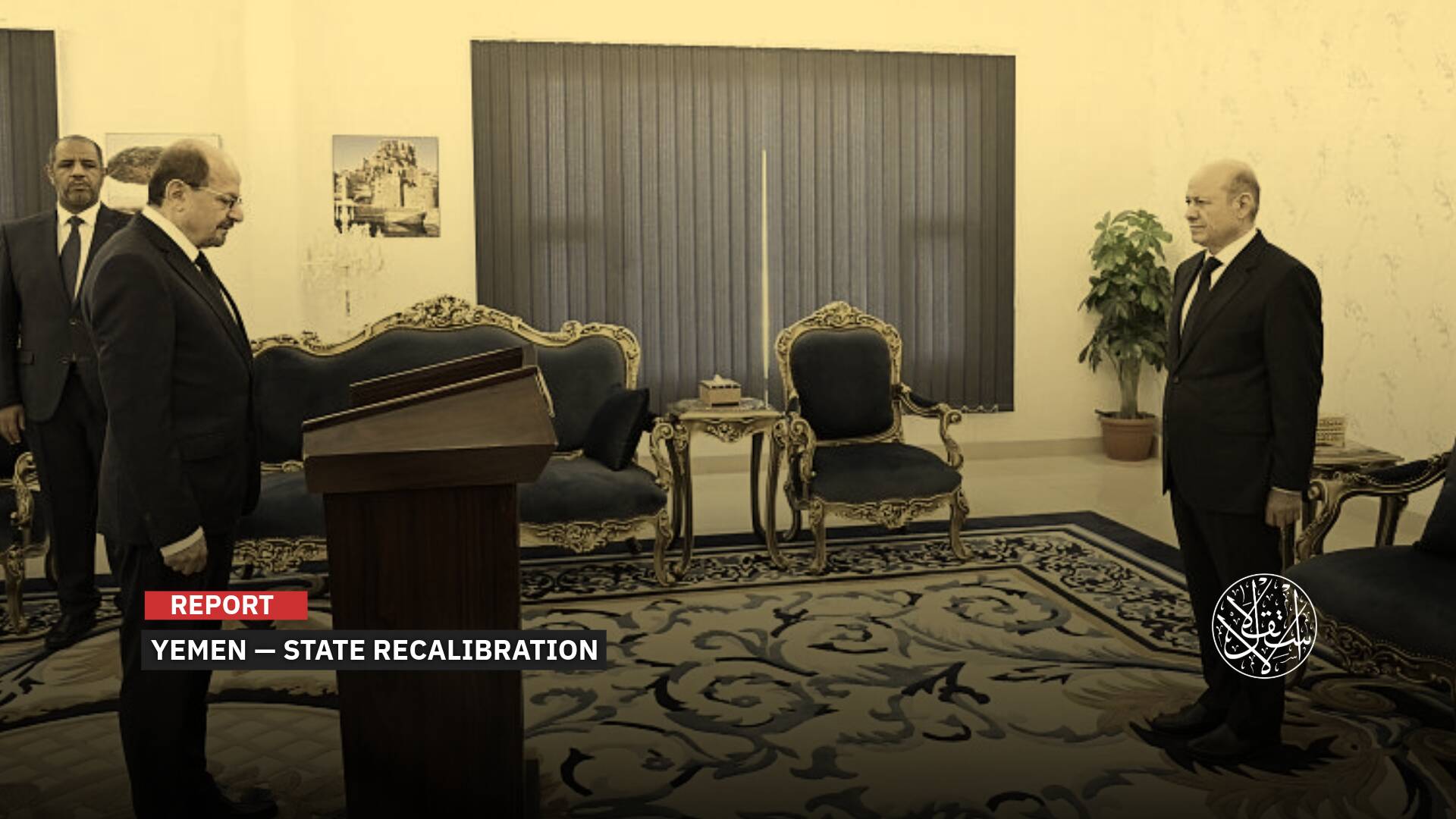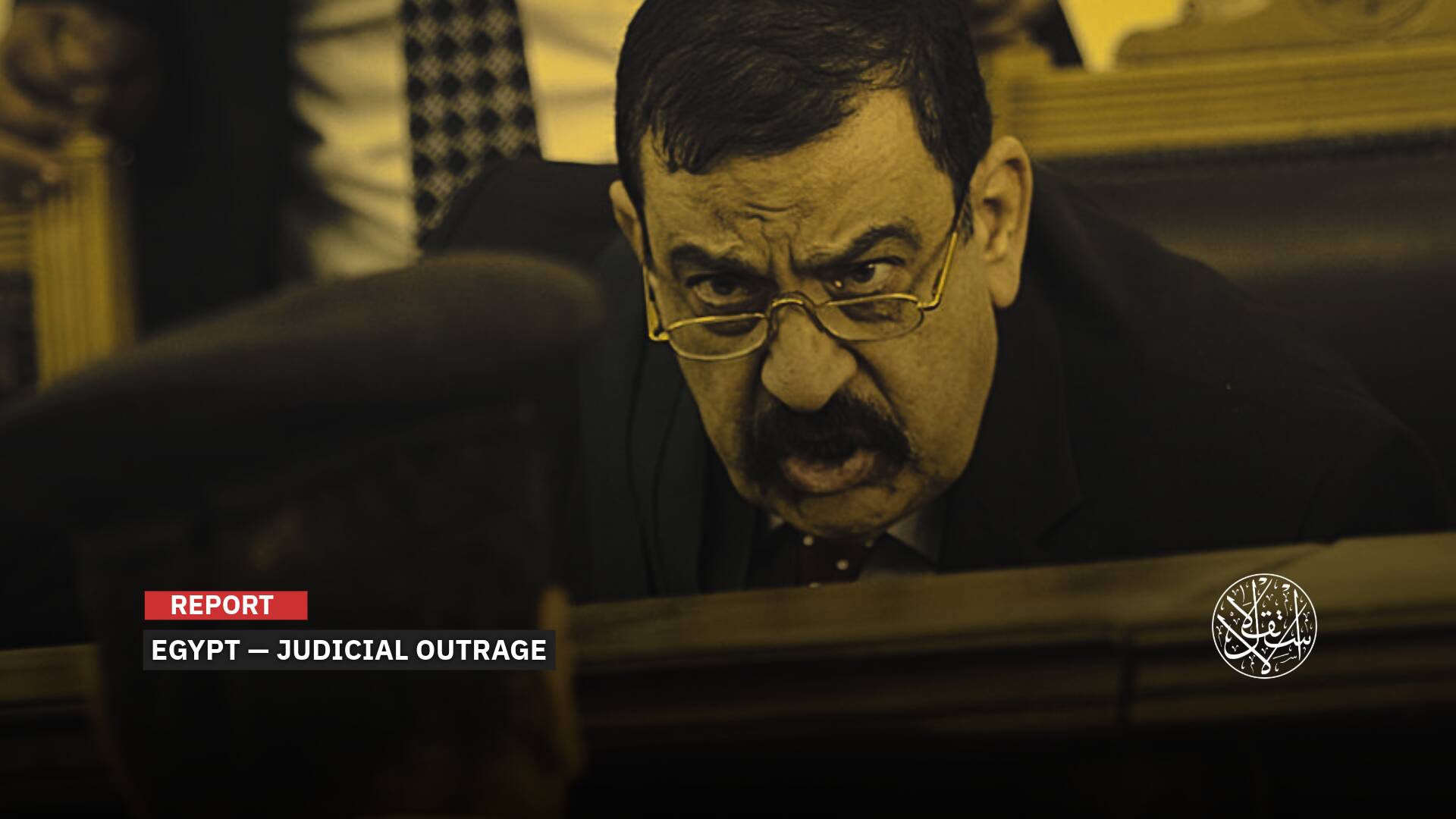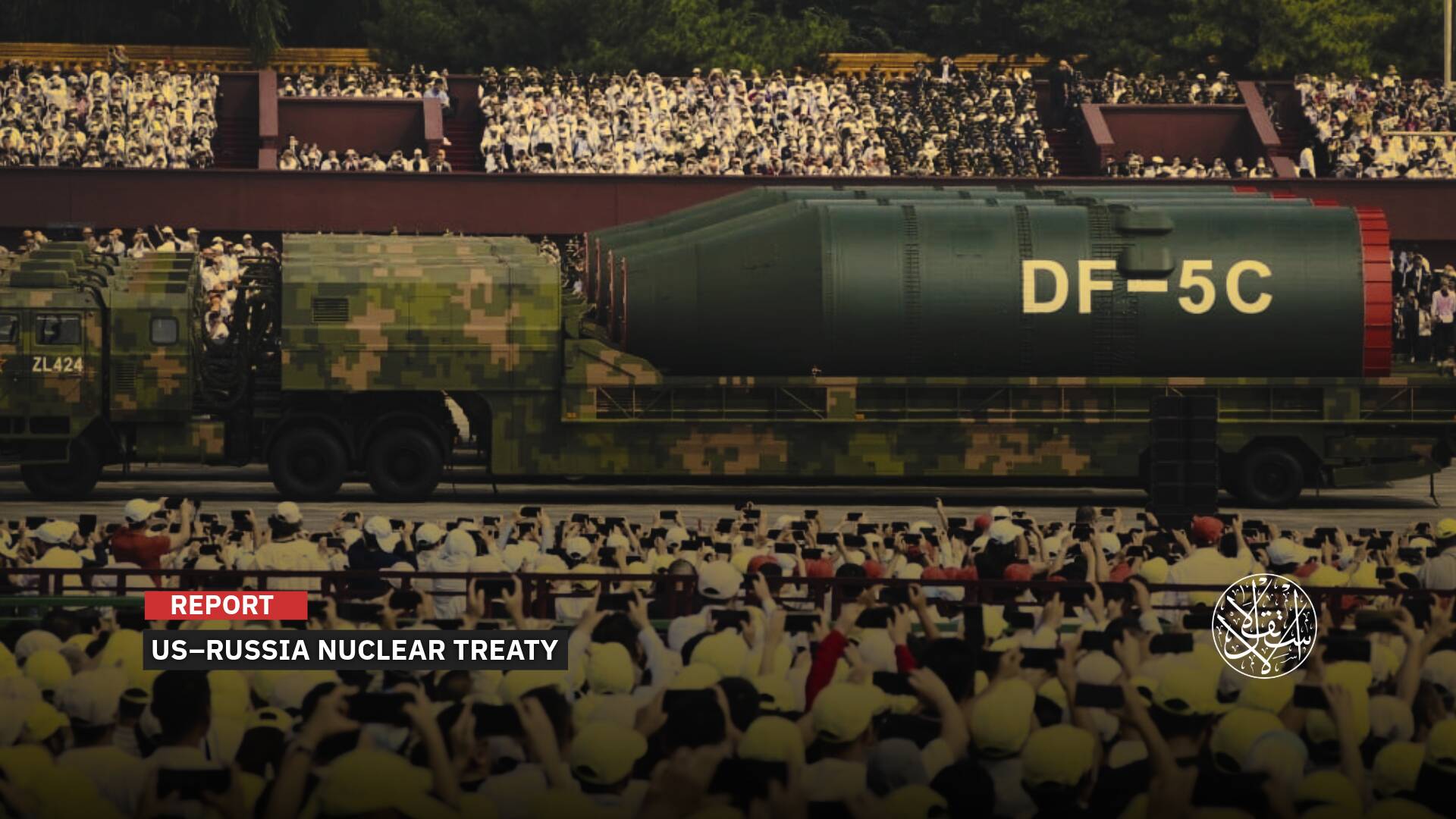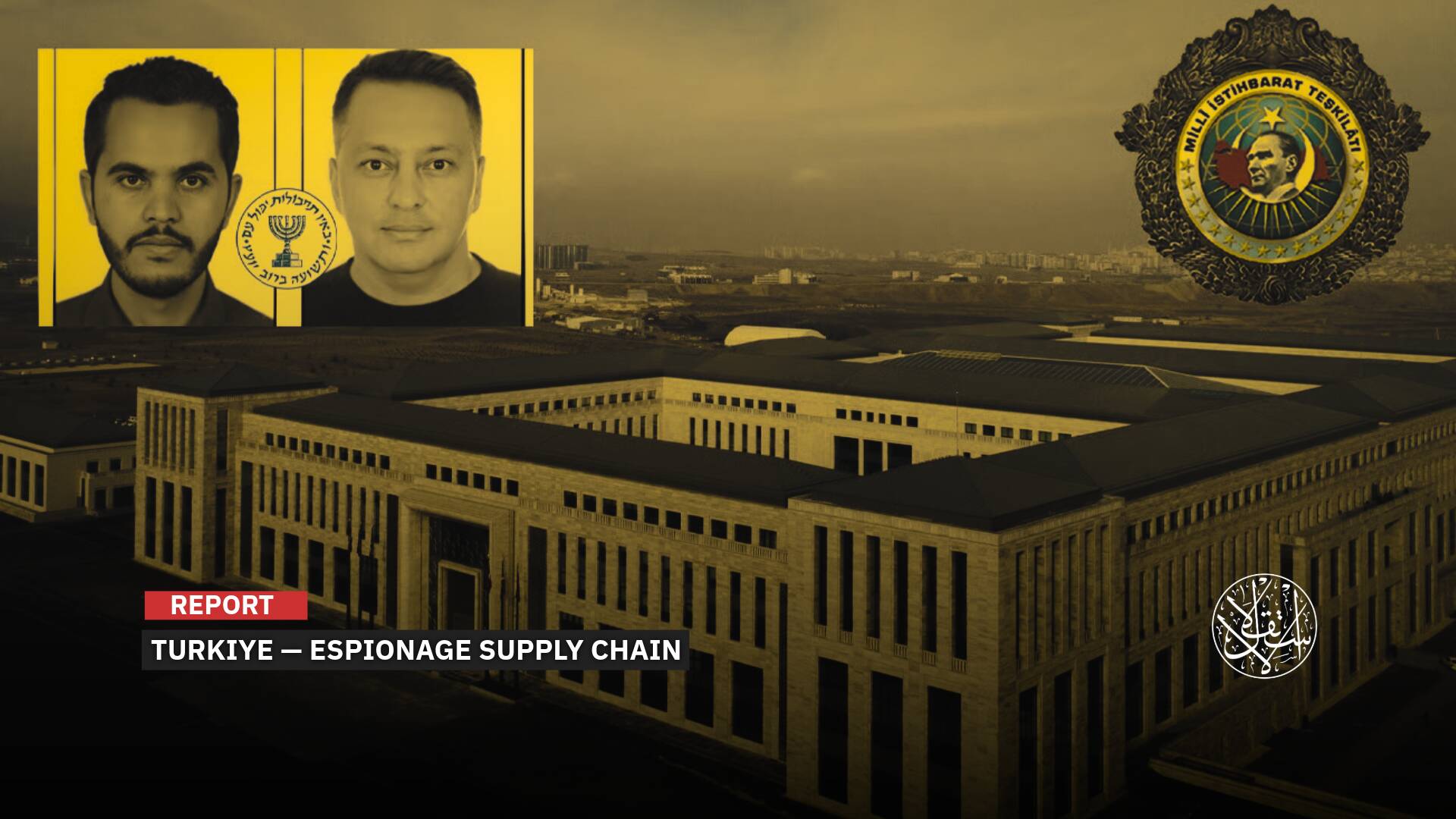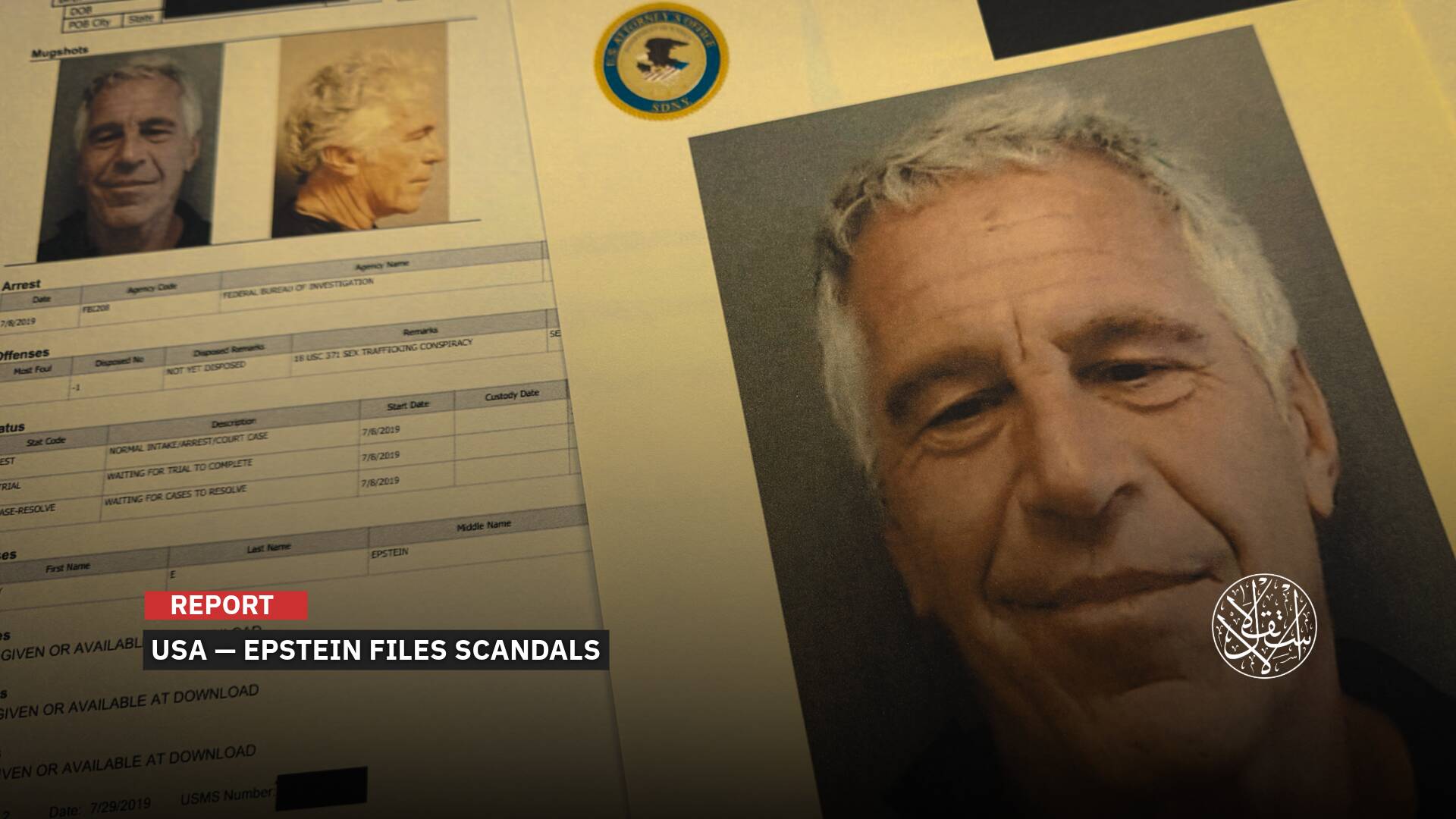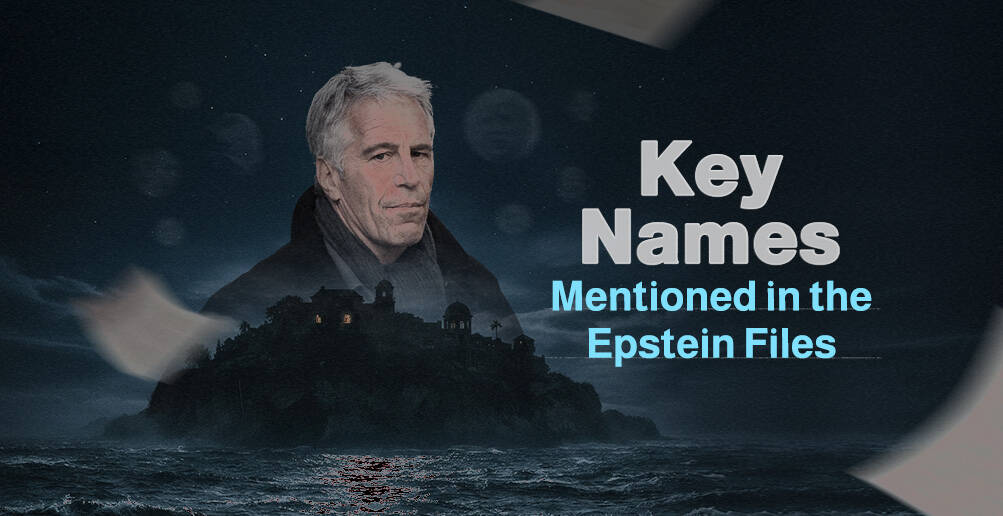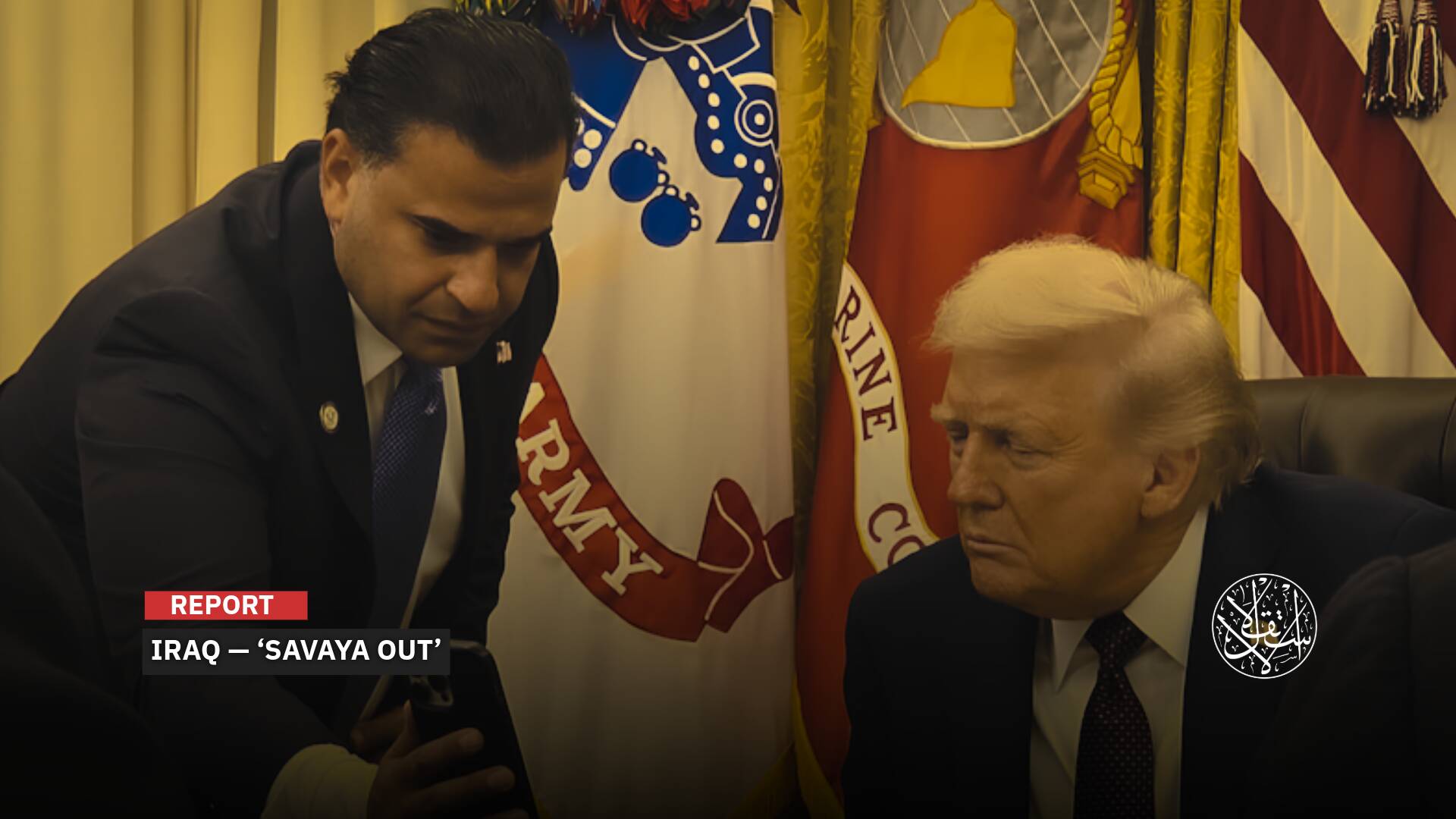Sudan’s Conflict Escalates as Tribal Divisions and Militia Power Struggles Deepen

Three eastern Sudanese politicians, under nominal army control, pledged to sign the parallel government’s charter.
After a series of defeats, Rapid Support Forces (RSF) militia commander Mohamed Hamdan Dagalo, known as Hemedti, is pushing to consolidate control over territories in Sudan’s south and west.
Leveraging his ties within Taqaddum, a political coalition working to establish a parallel government, he is laying the groundwork for his own administration.
Despite the Sudanese army’s recent gains, three politicians from the country’s east—nominally under military control—made a surprise move by announcing their readiness to sign the parallel government’s charter. The initiative took shape in Nairobi on February 21, 2025.
The trio includes Ibrahim al-Mirghani, a key figure in the Democratic Unionist Party; Osama Saeed, spokesperson for the Sudanese Revolutionary Front; and Mubarak Mubrouk Salim, a tribal leader of the Rashaida and former transport minister under ousted president Omar al-Bashir.
According to the UN, both the Ababda and Rashaida tribes have been involved in gold, fuel, and commodity smuggling—an illicit trade that has helped bankroll the RSF militia’s war effort against the army.
Since April 2023, Sudan’s military and the RSF militia have been locked in a devastating conflict that has killed over 20,000 people and displaced 14 million, according to the UN and local authorities. However, research from U.S. universities puts the death toll closer to 130,000.
As the fighting engulfs 13 of Sudan’s 18 states, international calls to end the war are growing louder, with fears mounting of an impending humanitarian catastrophe.
Millions now face starvation and death as the conflict pushes the country further into crisis.
Eastern Sudan, home to major tribes such as the Ababda, Rashaida, Shukria, Hadendoa, Bishari, Amarar, Halanga, Beni Amer, and Habab, is fast becoming a new flashpoint in the country’s deepening crisis.
Alongside these, independent chieftaincies and administrative entities like the Nubian Council and the Hausa leadership hold sway in the region.
On November 11, 2024, The Independent reported that eastern Sudan had become an open playing field for the country’s warring factions.
The region, The Independent noted, is increasingly being exploited by political actors seeking to manipulate local dynamics whenever the conflict elsewhere in Sudan intensifies.
According to the report, eastern Sudan is ill-equipped to handle the fallout from the emergence of new armed groups.
The formation of military factions led by politicians, tribal leaders, and religious figures—including members of the Ababda and Rashaida—could push the already volatile region to the brink, mirroring the chaos engulfing the rest of Sudan.
On October 28, 2024, Sudanese political activist Azzam Abdalla Ibrahim posted a video on Facebook warning that dormant tensions between these groups could erupt into a cross-border war.
He drew a stark comparison to Darfur’s rebellion, which began with two factions before splintering into 99 armed groups, questioning what might unfold in eastern Sudan, where over eight armed movements are already active.
Azzam Abdalla Ibrahim also sounded the alarm over the involvement of regional powers, particularly Eritrea, which he claimed has been hosting training camps and arming tribal factions from eastern Sudan.
He warned that the proliferation of militias in the region could trigger widespread violence, saying, "This is a volatile area, and the clashing interests of regional players make it a powder keg."
He further accused foreign actors—chief among them the UAE and Ethiopia—of working to dismantle Sudan and its military, turning the country into a casualty of their geopolitical ambitions.

The Ababda and Hemedti
The relationship between the Ababda tribe and Mohamed Hamdan Dagalo—widely known as Hemedti—began to take shape after they backed the Framework Agreement in December 2022.
At the time, several Ababda leaders publicly expressed their support for him, even though he was still formally part of the army. Hemedti, however, had already built a formidable power base of his own.
Regarding the alliance between Hemedti and the Ababda, the journalist "Sabat Akhdar," who belongs to them, wrote an article for the newspaper Saqiya Press on February 4, 2023.
“My people, the Kawahla, which includes our tribe (the Ababda), are among Sudan’s largest communities. Since the days of the former regime, we warned them that the system would collapse,” he wrote.
“We told them, ‘You will walk away empty-handed, and when that happens, the National Congress Party’s betrayals will be laid bare. Even though you were among the oppressed, you will be seen as complicit.’”
When Commander Hemedti emerged as a key figure in the country's leadership, we reminded them that he came from a school of thought where he not only thrived but also outpaced the established elite.
We urged them not to repeat their experience with the Ingaz regime. Liberation movements fight for demands, and it is essential to remain open, focus on what advances your cause, serves your interests, and reclaims your rights.
Nonetheless, some Ababda factions have thrown their support behind the army. On May 6, 2024, the Ababda tribe’s "Ikairtab" branch in the Dabba district announced that it had outfitted its vehicles with full gear and mobilized its fighters—preparing to deploy them on the front lines in a single trench to engage in combat alongside the military.
On May 6, 2024, the Ikiratab branch of the Ababda in Dabba district declared its allegiance to the military, announcing that it had mobilized fully armed convoys to reinforce the army’s frontline positions.
Speaking at his inauguration as tribal chief in al-‘Afad, Hassan Mohamed Ali al-Tom made their position clear:
"Supporting the armed forces and standing with them in the battle for dignity is a national duty," he declared.
He emphasized that his branch had fully prepared for combat in defense of Sudan’s sovereignty—distancing itself from other Ababda factions that had thrown their weight behind Hemedti and the RSF militia.

Despite the vocal support of Rashaida leader Mabrouk Mubarak Salim for Mohamed Hamdan Dagalo—better known as Hemedti—and the involvement of some Rashaida factions in gold and currency smuggling operations linked to the Rapid Support Forces (RSF) militia, this allegiance does not reflect the position of the entire tribe.
On February 26, 2025, just days after Salim participated in the Nairobi Charter, which backs Hemedti’s political ambitions, al-Nilin, a local Sudanese news outlet, interviewed another Rashaida leader, Saad Abdullah Salmi. He openly rejected Salim’s stance.
"From the very first day of the Battle for Dignity, our tribe took a firm position, offering both material and moral support to the armed forces. This was driven by a deep national conviction that the military is the guardian of our land and honor. The sons of the Rashaida have raced to aid the army, supporting frontline units and mobilizing behind the military and the popular resistance," Salmi declared.
The Rashaida of Kassala State, represented by their chief, elders, and local leaders, publicly pledged their backing for the Sudanese army.
In early August 2023, Sudan’s state news agency SUNA reported that the tribe had committed 1,000 young men to join military training camps in preparation for battle against the RSF militia.
At a major tribal gathering attended by members of the state security committee, Kassala’s acting governor, Khogali Hamad Abdullah, praised the Rashaida for their steadfast role in both peace and war.
"This stance is a testament to the Rashaida’s loyalty and confirms their unwavering support for the armed forces and the nation’s vital causes," he stated.
However, he was quick to distinguish between the broader Rashaida community and those who had aligned themselves with Hemedti’s militia forces.
"Yes, there are lawless elements among the Rashaida who have joined Hemedti’s ranks, but they do not represent the tribe. Criminals and rogue actors have no true home or safe haven—they can exist in any tribe," Abdullah noted.


